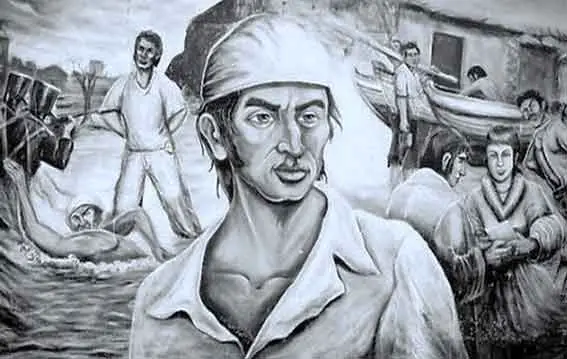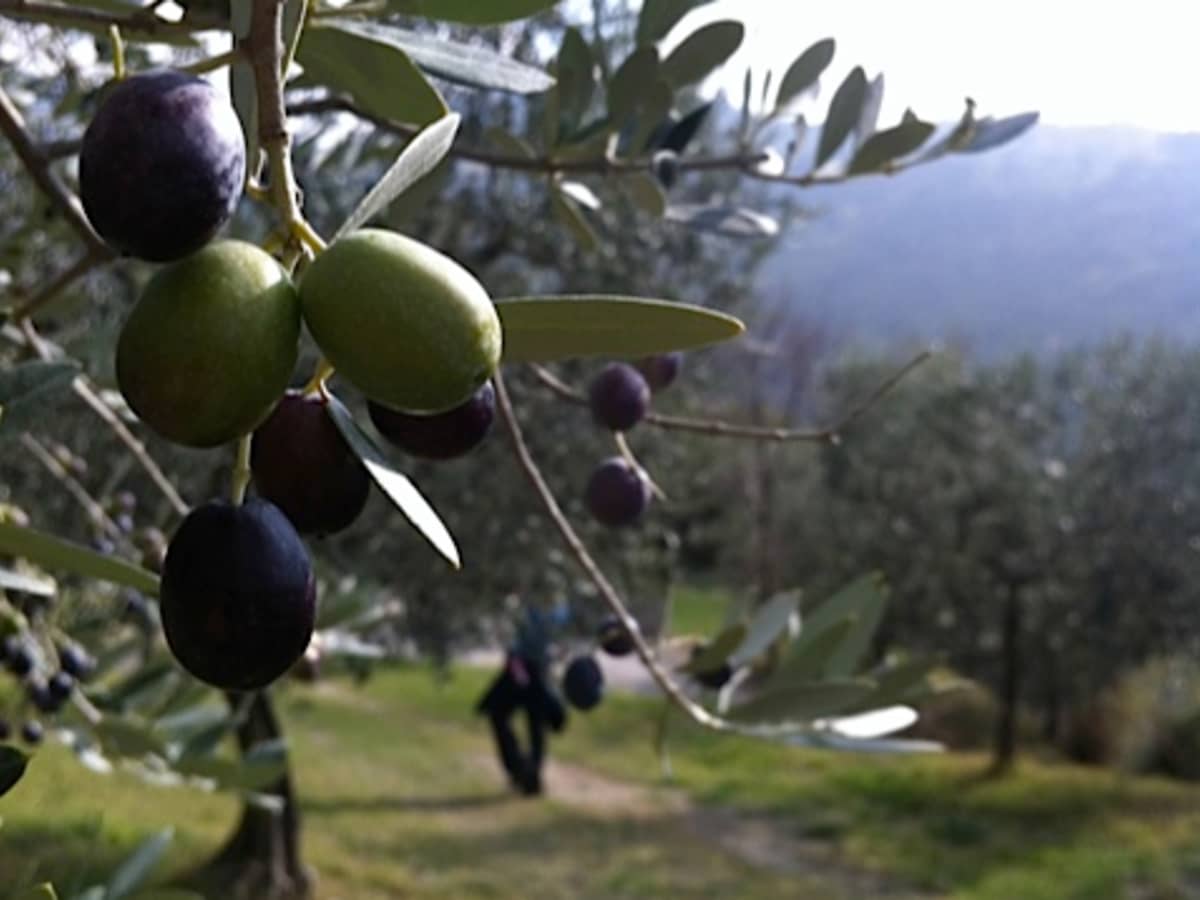“And do this knowing the time, that now it is high time
to awake out of sleep; for now our salvation is nearer
than when we first believed”
(Romans 13:11).
It is today, more than ever. Now is the time. Many do not pay enough attention to time. They believe they have it whenever they want. Some forget their commitments, while others always arrive late or do not arrive at all, since “tomorrow is another day.”
We often pile on “reasons” that are nothing but excuses, no matter how we disguise them. Cervantes said, “When we are thinking about when we should start, it is often too late to act.” The great inventor Albert Einstein said, “I never think of the future. It comes soon enough.” When Alexander the Great was asked what the secret of his conquests was, he replied, “Always be on time and never delay.”
Dwight Moody (1837-1899) was a famous evangelist and founder of the Moody Institude of Science, which highlighted God as creator and sustainer of the universe, showing how in every dispute between science and the Word, the Bible was finally right. At the beginning of his ministry, he used to end his sermons with the message: “Go home, think about the subject we studied, and figure out what to do with it.” He did that until that tragic and famous night of the Chicago Fire, one of the greatest tragedies of the nineteenth century in America.
In a clandestine gambling game, a group hidden in a stable lit by a lantern, a gambler named Lous M. Cohn knocked over the lamp and set the straw on fire. The flames spread very rapidly and within fourty-eight hours, destroyed eighteen thousand buildings; one hundred thousand people were left in poverty and three thousand died. Cohn confessed his responsibility and left the city of Chicago a generous donation and letter in his handwriting in which he confessed the truth shortly before his death at the age of eighty-nine.
Many who had listened to Moody that night perished in the fire; from that day on, Moody never again offered even a day to think. It is here and now. If there is a decision to make, a habit to leave, a truth to live, or an action to take, it all needs to happen now.
The only heartbeat that belongs to us is beating right now.
“Desires for goodness and holiness are right as far as they go;
but if you stop here, they will avail nothing.
Many will be lost while hoping and desiring to be Christians.
They do not come to the point of yielding the will of God.
They do not now choose to be Christians” (Steps to Christ, p. 47).
Lord, help me live like Your child right now.
May God bless you, be led by the Holy Spirit…










